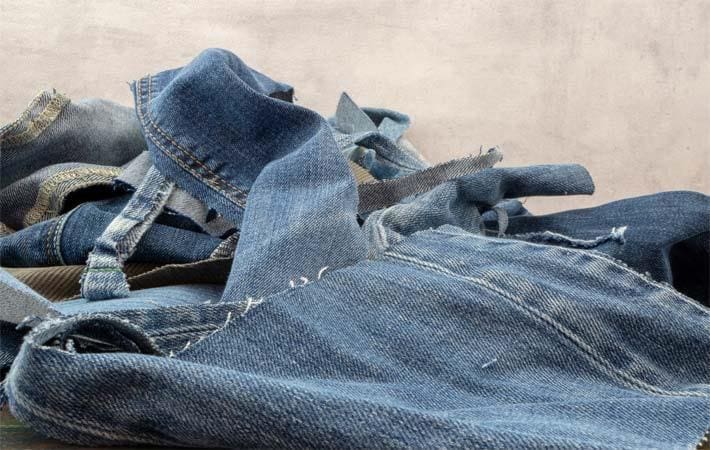US denim manufacturer and wholesaler Denim Manufacturing by Private Label Apparel has lowered the minimum order quantity (MOQ) for jeans made in USA. From December 2019 onwards, manufacturing MOQ for production in Los Angeles was lowered from 300 to 100 pieces per style/color or wash. Customers can choose any size combination, the company announced recently.
The company, started in 2018, caters to large and small wholesale brands, providing specialised services like wholesale denim fabric, cut and sew manufacturing, full-package clothing production, design services, trim development and sample making, including patterns and tech packs, everything that can help to create their own store brand.
Customers can order patterns or samples of jeans, jackets and other denim clothing items for their fashion lines and boutiques from the company. They can also submit their own designs through techpack, photos, sketches, specs or an existing sample, according to a company press release.
To meet the increased demand for quality denim products, the company has expanded its base overseas. Currently, it has partnerships with a factory in Pakistan, which manufactures denim products for its clients. The minimum order quantity for Pakistan production remains at 50 pieces per style/color or wash.
New trim development will continue to be done by the current vendors in Pakistan, Turkey and China.
Despite the small minimum orders, the company’s Made-in-USA jeans manufacturing capacity stands at 60,000 pieces per month, while combined production stands at 500,000 pieces per month. Standard production lead time is four to six weeks.
- With increased demand for USA-made clothing, the company has expanded to three factories in Los Angeles and two local dye facilities.
Reference: https://www.fibre2fashion.com/news/denim-jeans-news/us-denim-manufacturing-by-private-label-apparel-lowers-moq-254718-newsdetails.htm

